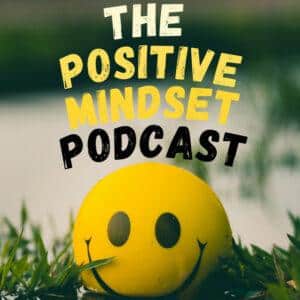Intro
In this episode of the “Founders” podcast, the focus is on the making of Winston Churchill. The discussion delves into Churchill’s character, his perseverance through setbacks, and his unwavering belief in his own destiny. The episode also explores Churchill’s relationships, his love for reading and learning, and his strategic thinking. Join us as we uncover the fascinating journey of one of the most influential leaders in history.
Main Takeaways
The Making of Winston Churchill
- Churchill’s character was tested and strengthened over time, leading to his effectiveness as a Prime Minister.
- Churchill refused to give up on his legacy, even when others doubted its worth.
- Churchill believed from a young age that he had a role to play in history.
- Churchill sought out difficulty and greatness, shaping his career as a grand experiment.
- Churchill persevered through setbacks and ridicule to prove he could work his will on his times.
The Early Years
- The book being discussed focuses on Churchill’s personality and force of will during the years 26 to 40.
- Churchill’s chance for greatness was expected to come early in life, but the long wait was difficult to bear.
- Churchill’s early period is the most colorful of his career and key to his character.
- Churchill believed in the heroics of great leaders shaping history and sought inspiration from the past.
- Churchill had a voracious appetite for reading and a talent for mastering the English language.
Churchill’s Relationships
- Churchill had complex relationships with his father and sought father figures in influential figures like Joseph Chamberlain.
- Churchill’s biography of his father was an attempt to honor his memory and outdo his father.
- Churchill had a lifelong friendship with Pamela, who described him as having faults but many virtues.
- Churchill longed for love and attention from his father and struggled to find the right woman.
- Churchill’s dedication and practice in creating battle defenses on the beach prepared him for real-life events.
Churchill’s Strategic Thinking
- Churchill was a masterful orator and persuasive speaker, mobilizing the English language into battle.
- Churchill’s relentless study of history allowed him to play a role in the epic story of British naval power.
- Churchill pushed for grand plans and imaginative solutions when others thought small.
- Churchill believed in pursuing goals vigorously, fighting with conviction, and putting skin in the game.
- Churchill’s defeat in the Gallipoli campaign was a shocking reversal of fortunes, but he rebuilt his career.
Summary
Churchill’s Journey to Greatness
Winston Churchill’s journey to greatness was marked by his unwavering belief in his own destiny and his refusal to give up on his legacy. Despite facing setbacks and ridicule, Churchill persevered and shaped his career as a grand experiment to prove he could work his will on his times. His early years were the most colorful and crucial to his character, as he believed in the heroics of great leaders shaping history. Churchill’s relationships, including his complex relationship with his father and his lifelong friendship with Pamela, played a significant role in his journey. His strategic thinking, demonstrated through his masterful oratory skills, relentless study of history, and pursuit of grand plans, set him apart as a leader. Despite a devastating defeat in the Gallipoli campaign, Churchill rebuilt his career and continued to pursue his goals with conviction. Churchill’s journey serves as an inspiration for those seeking to make a lasting impact.
Conclusion
Winston Churchill’s journey from setbacks to greatness is a testament to his unwavering belief in his own destiny and his perseverance through challenges. His character, relationships, strategic thinking, and relentless pursuit of his goals shaped him into one of history’s most influential leaders. Churchill’s story serves as a reminder that with conviction, determination, and a refusal to give up, anyone can make a lasting impact on the world.
